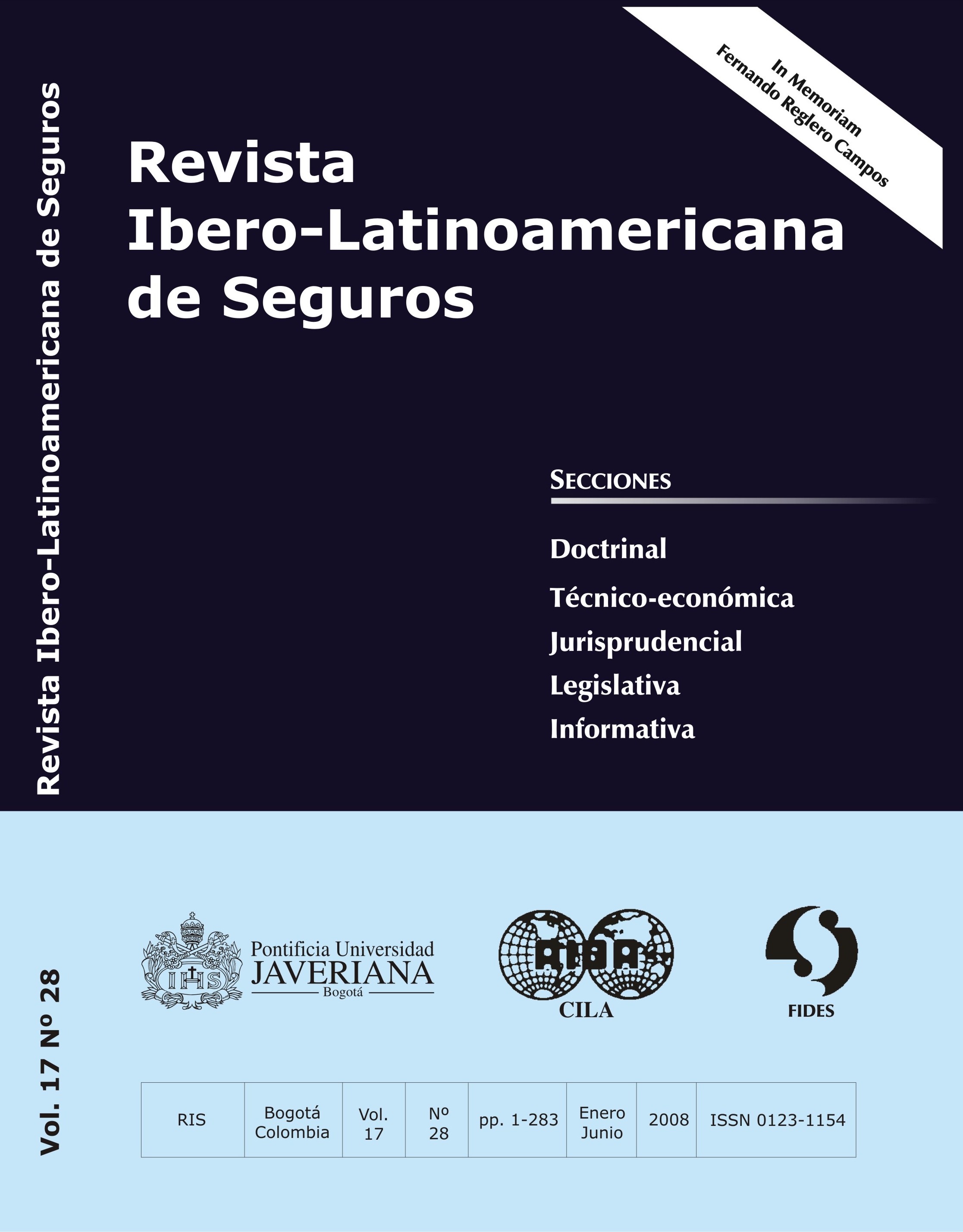Abstract
In nowadays doctrine and legislation, it advances so more and more each day the creditor’s possibility to exercise the direct action when it is de- manded the fulfilment of the obligation directly to the debtor’s debtor without the need for what has been obtained passes through the inter- mediary debtor’s estate. The main advantage of this action is that it favours who exercises it in an immediate way without benefiting the rest of the creditors of the debtor even though they possess preferential credits. At the present, the exercise of the direct action by the creditor has not been recognise yet in Cuban insurance legislation for what it is valuating its implementation has not only theoretical but also practical importance since the application of this norm will make more effective the compen- sation (for damages) of the victim.
This journal is registered under a Creative Commons Attribution 4.0 International Public License. Thus, this work may be reproduced, distributed, and publicly shared in digital format, as long as the names of the authors and Pontificia Universidad Javeriana are acknowledged. Others are allowed to quote, adapt, transform, auto-archive, republish, and create based on this material, for any purpose (even commercial ones), provided the authorship is duly acknowledged, a link to the original work is provided, and it is specified if changes have been made. Pontificia Universidad Javeriana does not hold the rights of published works and the authors are solely responsible for the contents of their works; they keep the moral, intellectual, privacy, and publicity rights.
Approving the intervention of the work (review, copy-editing, translation, layout) and the following outreach, are granted through an use license and not through an assignment of rights. This means the journal and Pontificia Universidad Javeriana cannot be held responsible for any ethical malpractice by the authors. As a consequence of the protection granted by the use license, the journal is not required to publish recantations or modify information already published, unless the errata stems from the editorial management process. Publishing contents in this journal does not generate royalties for contributors.


